By Kingsley Chukwuka
The Nigerian Association of Women Entrepreneur (NAWE) and The African Women Network (TAWN), has advocated for more than 35 per cent of women to be involved in various political seats in the country come 2023.
The National President of the Associations, Barr. Vera Ndanusa, and Mrs Patience Pat-Oris Okeahialam, also said all decision making boards, agencies and departments should have more than 35 per cent gender representation and the MDG Goal is to also have 35 per cent women in the National Assembly by 2023.
The duo stated this in a joint press briefing held in Abuja on Tuesday.
According to them: “We will work on achieving this goal by focusing on four areas: Leadership development, research and communication, gender advocacy and fundraising.
“This is the framework within which we work to support women, advocate for more women and create a more enabling environment for women to participate in politics and governance,” the duo explains.
They said that the level of women’s participation to nation building could be seen in terms of the numbers of women in public office and the number of women and young girls that are more aware of their role/right to contribute to nation building.
“For the former, the global standard of measure is to use the number of women in parliament, that is, the National Assembly and in our case, the numbers did not increase during the last elections in 2019.
“We went from 9 per cent representation in the NASS to 8.7 per cent. The average globally and regionally is 19 per cent and 20 per cent respectively. However, more women are contesting and from the list of candidates for the 2023 general elections, this number has also increased from previous elections. And so, more women are prepared to enter into the public sector to serve.
“In increasing awareness of an interest in participating, NAWE and TAWN does this through advocacy and projects, particularly targeted at the younger generation of women and girls as young as 15, because by the next election cycle, they will be eligible to vote.
“We believe we need to start early to get millions of women and girls to join political parties, register to vote, vote and also contest. We would say we are doing relatively well with this.
However, while commenting on factors that hinder women from getting more elective positions, the duo said some of the factors are obvious and well known, but chief among them is the culture of patriarchy that largely insists on women taking the back seat when it comes to leading or taking part in public matters.
Advertisement“There are also the high costs of contesting, the violence, and political culture of late meetings.
“Less well known is that the political parties themselves, which are the only vehicles we have recognised in the 1999 Constitution for contesting, do not also want women. They do little to promote women within the party, restrict them to ‘woman leader’ positions and thwart all their best efforts to take other positions. A look at how the national conventions of these parties are conducted is proof and the candidate lists of the two major parties for the NASS also provide more evidence”.
Also, while commenting on the possibility of the less than 20 per cent representation of women in politics being increased, they said: “There is hope. However, it will take time and there must be a will to see this happen.
“This is because it would take either an affirmative action clause in the Constitution, which over 60 countries around the world have done, to get the numbers up, or at least an internal party quota, which South Africa’s ANC operates. But for this to happen, it is becoming clearer that the strategy most gender advocates are most comfortable with will not work, and so that has to change too.
“In the first few years of President Jonathan’s administration, we had 33 percent women inclusion, which was close to the 35 per cent for the first time and with all the campaign promises being made to women, there is clear acknowledgement that as a country, we understand that our government and agencies should have more female representative. What remains is the will to follow through in a more meaningful manner”, the duo said.
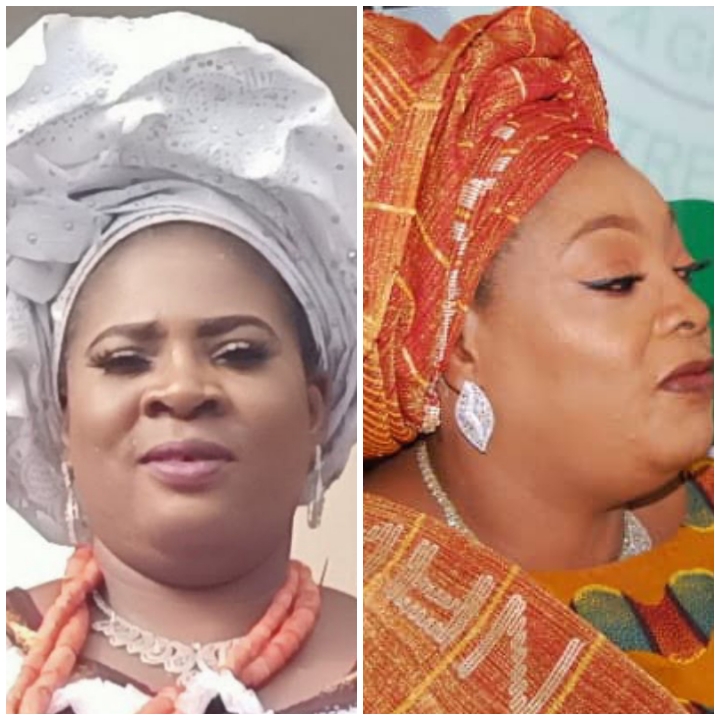
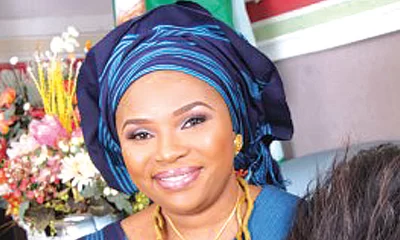
 News7 days ago
News7 days ago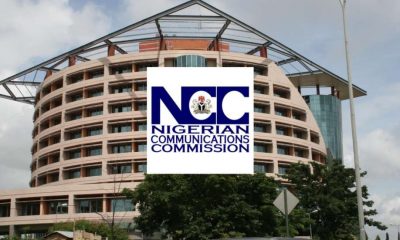
 Business6 days ago
Business6 days ago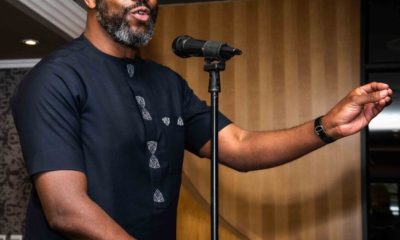
 Business6 days ago
Business6 days ago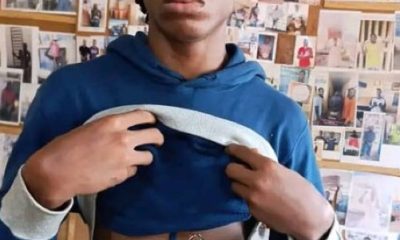
 Crime1 week ago
Crime1 week ago
 Crime6 days ago
Crime6 days ago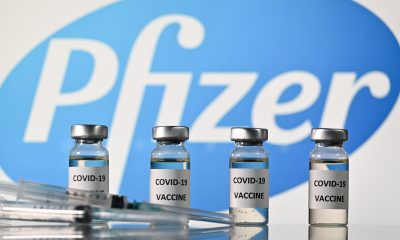
 Covid-196 days ago
Covid-196 days ago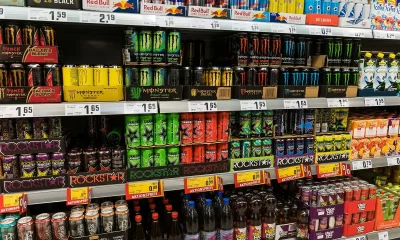
 Health & Fitness6 days ago
Health & Fitness6 days ago
 Aviation1 week ago
Aviation1 week ago



